With years of experience and over $750,000,000 in claims recovered for our clients, we have handled even the most difficult cases. Below you will find a series of videos that answer some of the most frequently asked questions we get at our practice. They are brief, and get straight to the answers. For any additional information, feel free to send us the details of your case for a free review
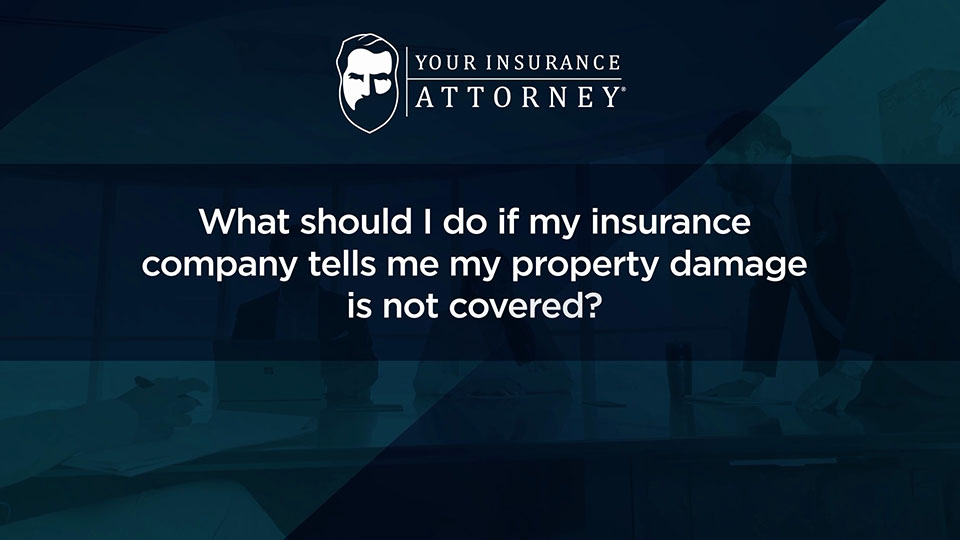
What should I do if my insurance company
tells me my property is not covered?

I already spoke with a public adjuster;
can I still contact Your Insurance Attorney?

How do I know what my policy covers
if theft or vandalism occurs?
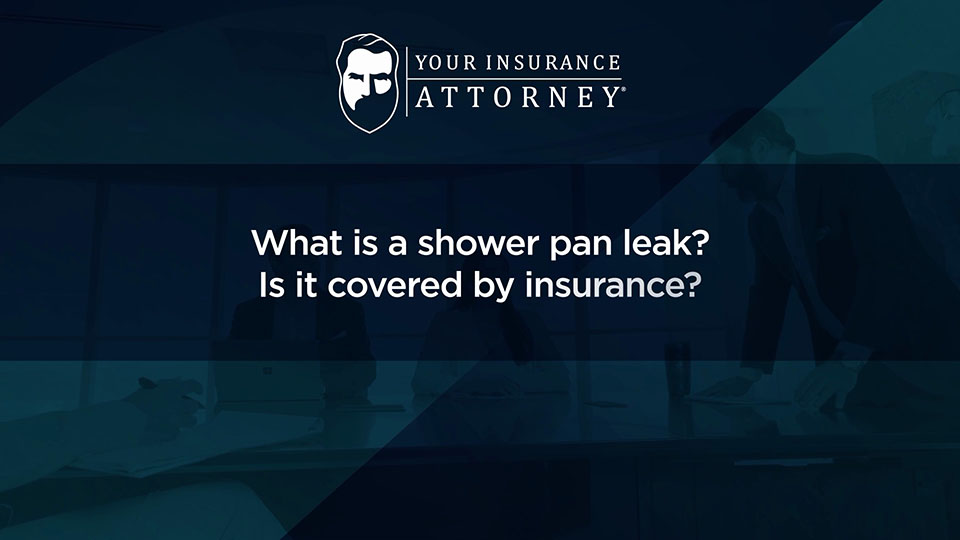
What is a shower pan leak?
Is it covered by insurance?
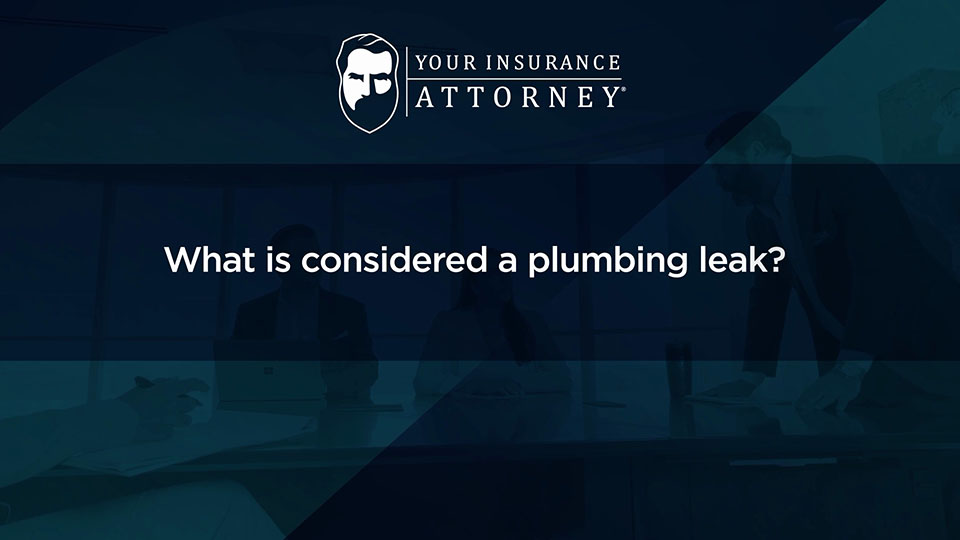
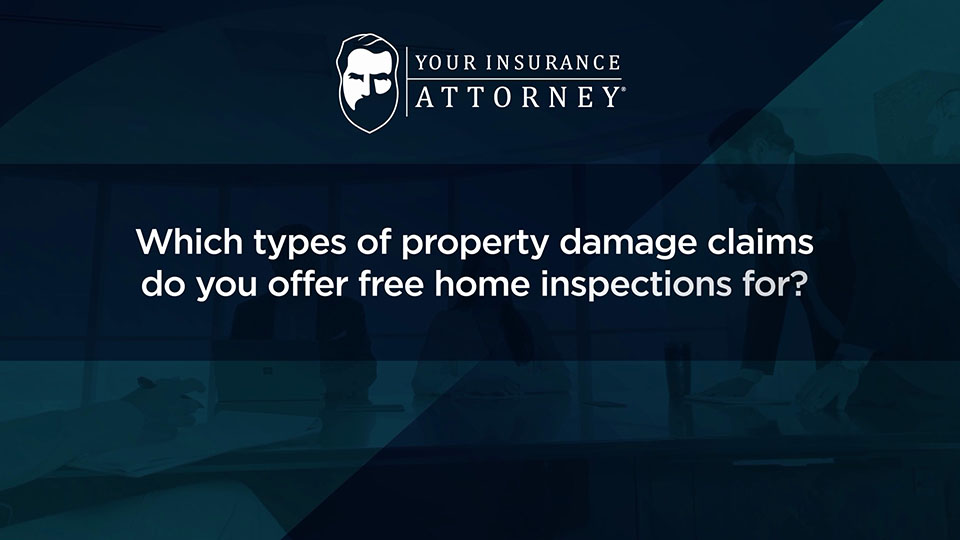
Which types of property damage claims
do you offer free home inspactions for?
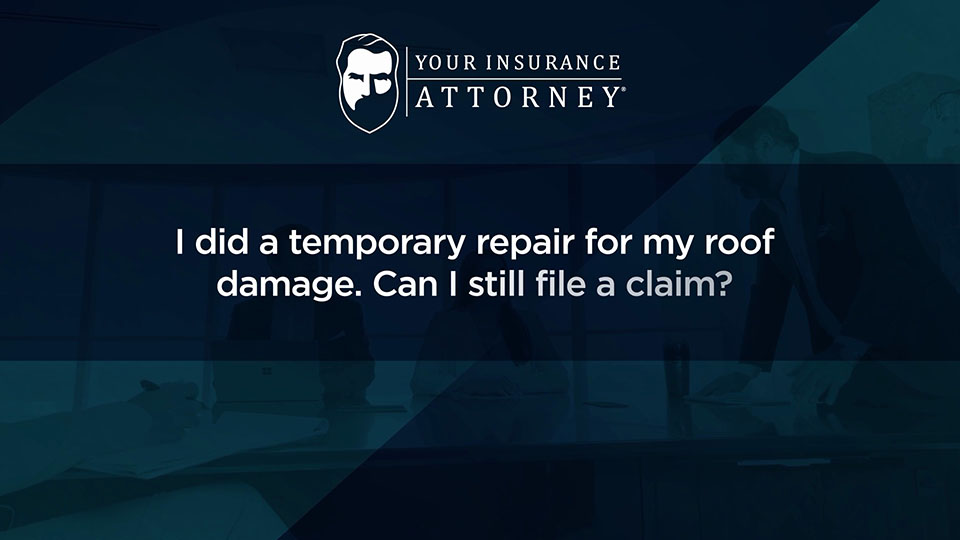
I did a temporary repair for my
roof damage. Can I still file a claim?
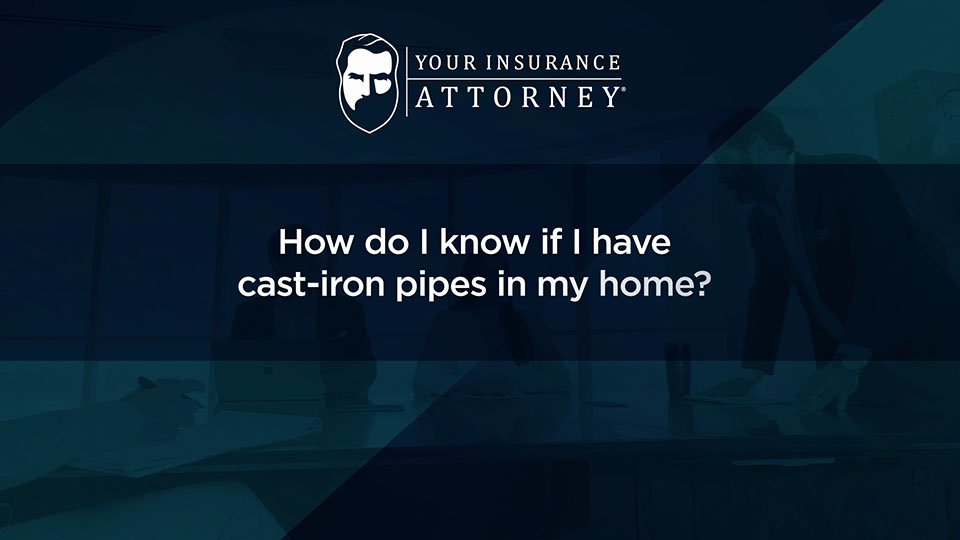
How do I know if I have
cast-iron pipes in my home?
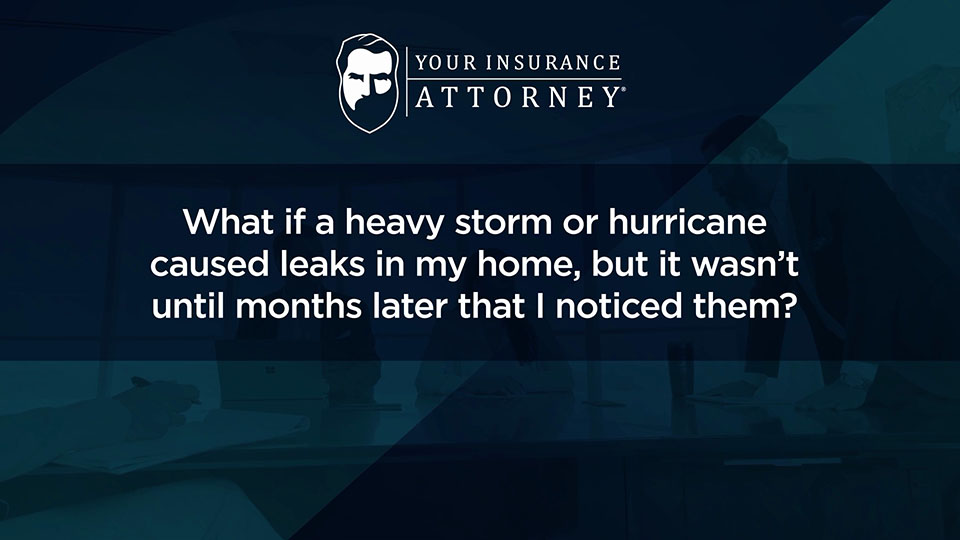
What if a heavy storm or hurricane caused
leaks in my home, but it wasn’t until
months later that I noticed them?
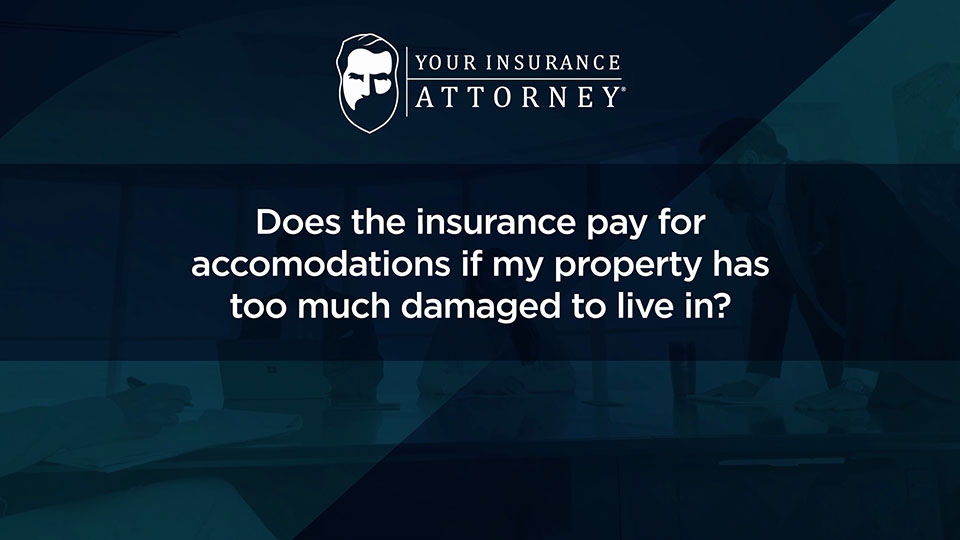
Does the insurance pay for accomodations
if my property has too much damage
to live in?
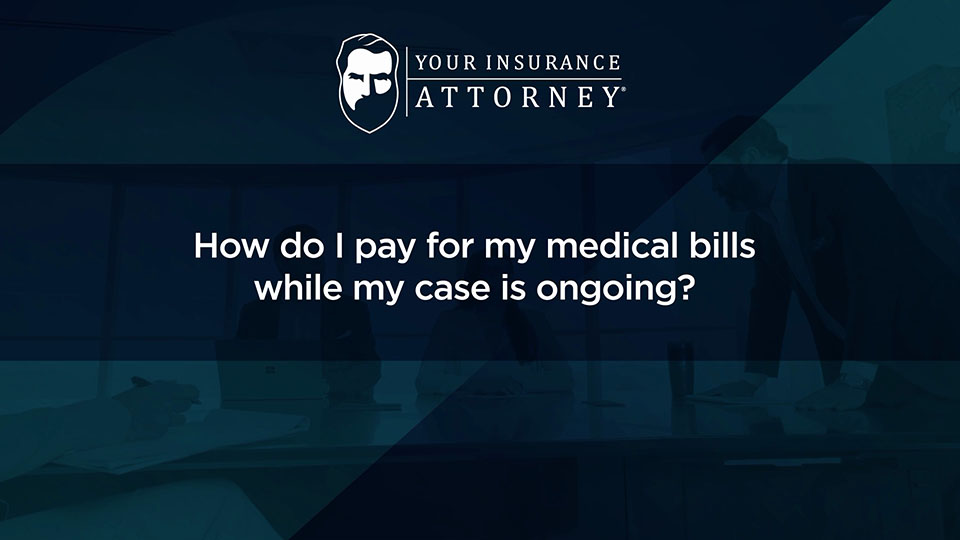
How do I pay for my medical bills
while my case is ongoing?

The insurance companies are calling me
many times after my accident,
should I speak to them?
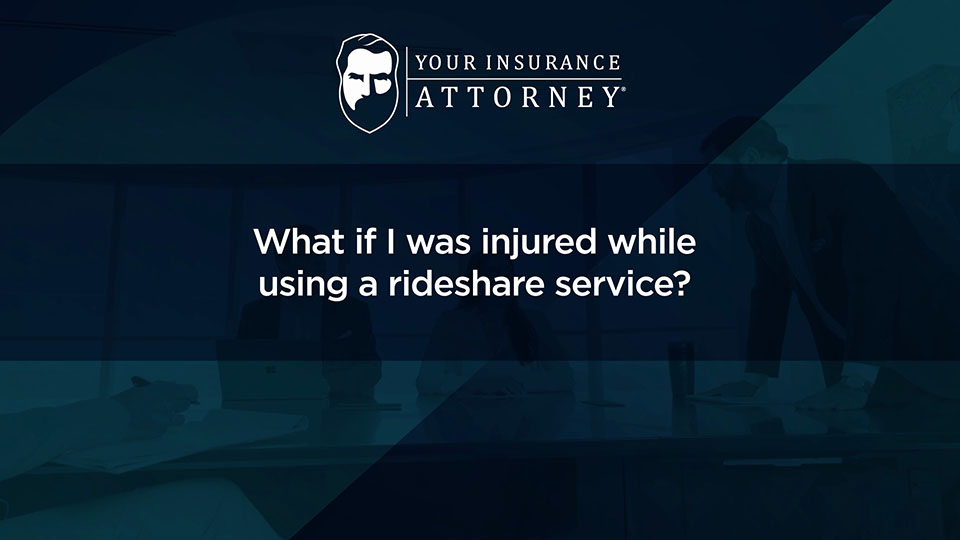
What if I was injured while
using a rideshare service?
2300 Maitland Center Parkway
Suite 122
Maitland, Florida 32751
We truly care about getting the best results for you. Our goal is to help you through powerful representation from start to finish. We work with clients all over the states of Florida, Georgia, Colorado, North Carolina, and California.